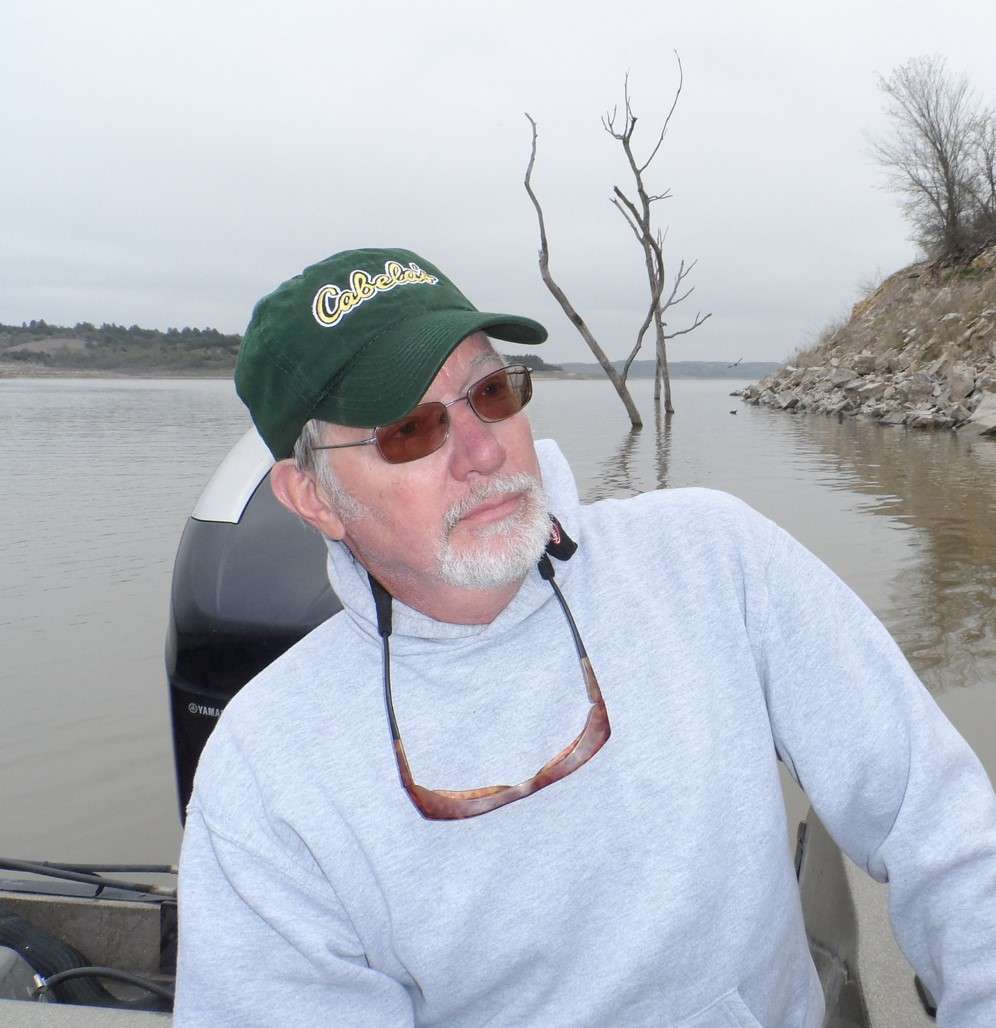By Ron Wilson, director of the Huck Boyd National Institute for Rural Development at Kansas State University.
“It’s the best thing we ever got.” That’s the type of customer feedback that every company would like to hear. It’s typical of the kind of comment received by Arden and Sally Vernon of EZE-Latch. For anyone who tries to hook up a gooseneck trailer to a truck, this ingenious product from rural Kansas can be a big help.
Arden and Sally Vernon are the owners and founders of EZE-Latch. They both come from rural Kansas. Sally grew up near Turon in western Reno County. Arden grew up near Admire in the Flint Hills of eastern Kansas.
“I rode horses to school in the first through third grade,” Arden said. He went on to study animal sciences at K-State, where he met Sally who was studying elementary education. The two got married and began a life together.
Sally became a teacher and taught in various places. Arden joined the U.S. Air Force.
“We joined the Air Force to see the world, and we got as far as Enid, Oklahoma,” Sally said with a smile. After his military service, they moved back to her home area near Turon where she became a teacher. Arden worked with cattle feeders, went into banking, and raised cattle and horses of his own. He bred and sold beautiful Paint horses.
One day he was riding a horse in a pen when the horse crashed into a pipe fence and crushed Arden’s knee. He recovered but he found that one of the tasks which became more difficult was hitching up the gooseneck trailer to his truck.
A gooseneck trailer gets its name from the long narrow extension on the front of the trailer. It contains a coupler which connects to a ball hitch in the bed of a truck for pulling. The challenge is getting the hitch connected. A person backs the truck under the trailer’s coupler, but getting the coupler latched is not easy. It usually requires a person to reach over the side of the truck bed if they can, or to climb into the bed from the tailgate.
This is awkward and inconvenient, and sometimes leads to a person hitting their head or messing up their jeans climbing in or out. After Arden was injured, it became even more difficult.
“My husband is the kind of guy who, when he sees a problem, he can find a way to make it work,” Sally said. Arden invented a device that uses a lever and cable which enabled him to conveniently hitch and unhitch the trailer without leaving the ground. It worked great. In fact, it worked so well that the neighbors wanted one also. As demand for the product grew, it became a business.
Arden named the product EZE-Latch. The latching device also comes with a small mallet which a person can use to tap the pin in or out of position. Arden also invented the EZE-Loc, which disables the trailer’s hand crank jack and thus protects the trailer. EZE-Latch is also a distributor for a portable, wireless backing camera called Swift Hitch. In their retirement, he and Sally now take the EZE-Latch to farm and ranch shows around the Midwest to sell the product.
The EZE-Latch has literally been sold from California to Florida and as far away as Hawaii and Canada. This is an impressive record for a business in a rural community like Turon, population 432 people. Now, that’s rural.
The design is simple yet helpful. “No batteries are required and you don’t have to download an app for it,” Sally said with a smile. It saves a person from clambering in or out of the truck bed and banging one’s head or knees. When Sally and Arden go to farm shows, people will often express to them how helpful this product has been for them.
For more information, go to www.eze-latch.com.
“It’s the best thing we ever got.” That’s a wonderful testimonial from any customer, and it’s a common comment about the EZE-Latch. We commend Arden and Sally Vernon for making a difference with this innovation. It’s great to have something that makes hitching up a trailer EZE.
Audio and text files of Kansas Profiles are available at http://www.kansasprofile.com. For more information about the Huck Boyd Institute, interested persons can visit http://www.huckboydinstitute.org.
K-State Research and Extension is a short name for the Kansas State University Agricultural Experiment Station and Cooperative Extension Service, a program designed to generate and distribute useful knowledge for the well-being of Kansans. Supported by county, state, federal and private funds, the program has county Extension offices, experiment fields, area Extension offices and regional research centers statewide. Its headquarters is on the K-State campus, Manhattan.
Ron Wilson – 785-532-7690 or rwilson@ksu.edu
K-State Research & Extension News





